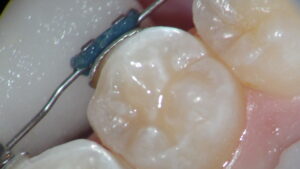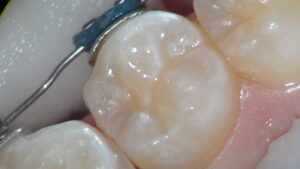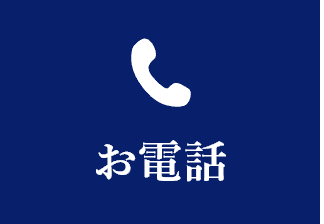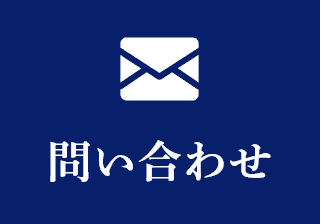“Is It Fine Because the Pain Is Gone?” Why Ignoring — Endodontic Specialist Explains SOS — Tokyo International Dental Roppongi, Hiroshi Miyashita
“Doctor, the pain’s gone, so it should be fine now, right?”
A patient once told us this after stopping visits when severe, sleepless pain subsided. Months later they returned with marked swelling and fever; examination revealed a large pus-filled sac at the root (radicular cyst) and extension of infection toward the jaw bone. This case likely could have been prevented with timely, appropriate root canal treatment.
Why does the pain disappear?
When decay reaches the dental pulp, bacteria can cause pulp necrosis (death of the nerve). Necrosis often eliminates pain temporarily, creating the false impression that the tooth is healed. However, bacteria can remain and proliferate inside the root canal system, eventually spreading inflammation to the root tip and surrounding bone.
What happens if you leave it untreated?
Left untreated, serious complications can develop:
- Apical periodontitis: Infection/inflammation at the root tip causing severe spontaneous pain, abscess formation, and fever; nighttime pain and systemic malaise can occur.
- Radicular cyst: A cyst at the root apex causing tenderness on biting, tooth mobility, and progressive loss of supporting alveolar bone.
- Osteomyelitis of the jaw: Infection spreading into the jawbone can cause bone destruction, persistent pain and swelling, facial changes, and systemic signs such as fever and fatigue.
- Cellulitis (floor-of-mouth cellulitis): Advanced infection can swell the tongue and floor of mouth, risking airway compromise — a life‑threatening emergency.
- Odontogenic maxillary sinusitis: Infection from upper posterior teeth can spread to the sinus, causing unilateral nasal obstruction, purulent discharge, and facial pain.
Pain gone does not mean healed
Do not assume a tooth is healed just because pain has ceased — often the absence of pain signals pulp necrosis, not recovery. Always see a dentist for evaluation, and seek immediate or emergency care if you experience:
- Swelling
- Fever
- Severe pain when biting
- Facial or neck swelling
Our root canal treatment
At Tokyo International Dental Roppongi we specialize in endodontic care to preserve teeth whenever possible:
- Precise diagnostics (radiographs and CT as needed)
- Use Microscope (since 1994)
- Aseptic, meticulous root canal therapy
- Surgical endodontic procedures when indicated Our specialized techniques and experience focus on preventing recurrence and avoiding complications.
About the author
I, Hiroshi Miyashita, am an endodontic specialist. Through treating many severe cases, I have repeatedly seen the danger of overlooking disappearing pain.
Closing
“Be most cautious when the pain goes away.” To protect your irreplaceable teeth and overall health, have any tooth that recently caused severe pain or feels abnormal examined promptly by a specialist. Early treatment reduces burden and is the best way to preserve teeth.
For consultation, please contact:
Tokyo International Dental Clinic Roppongi
Endodontic Specialist — Hiroshi Miyashita
Make an appointment for the consultation now.
Tokyo International Dental Clinic Roppongi
- Address: 5-13-25-2 Floor, Roppongi, Minato-ku, Tokyo
- Phone: 03-5544-8544
- Closest Stations: Azabu Juban (Toei Oedo Line take exit7/Tokyo Metro Namboku Line exit 5a ), Roppongi (Hibiya Line exit 3)




















